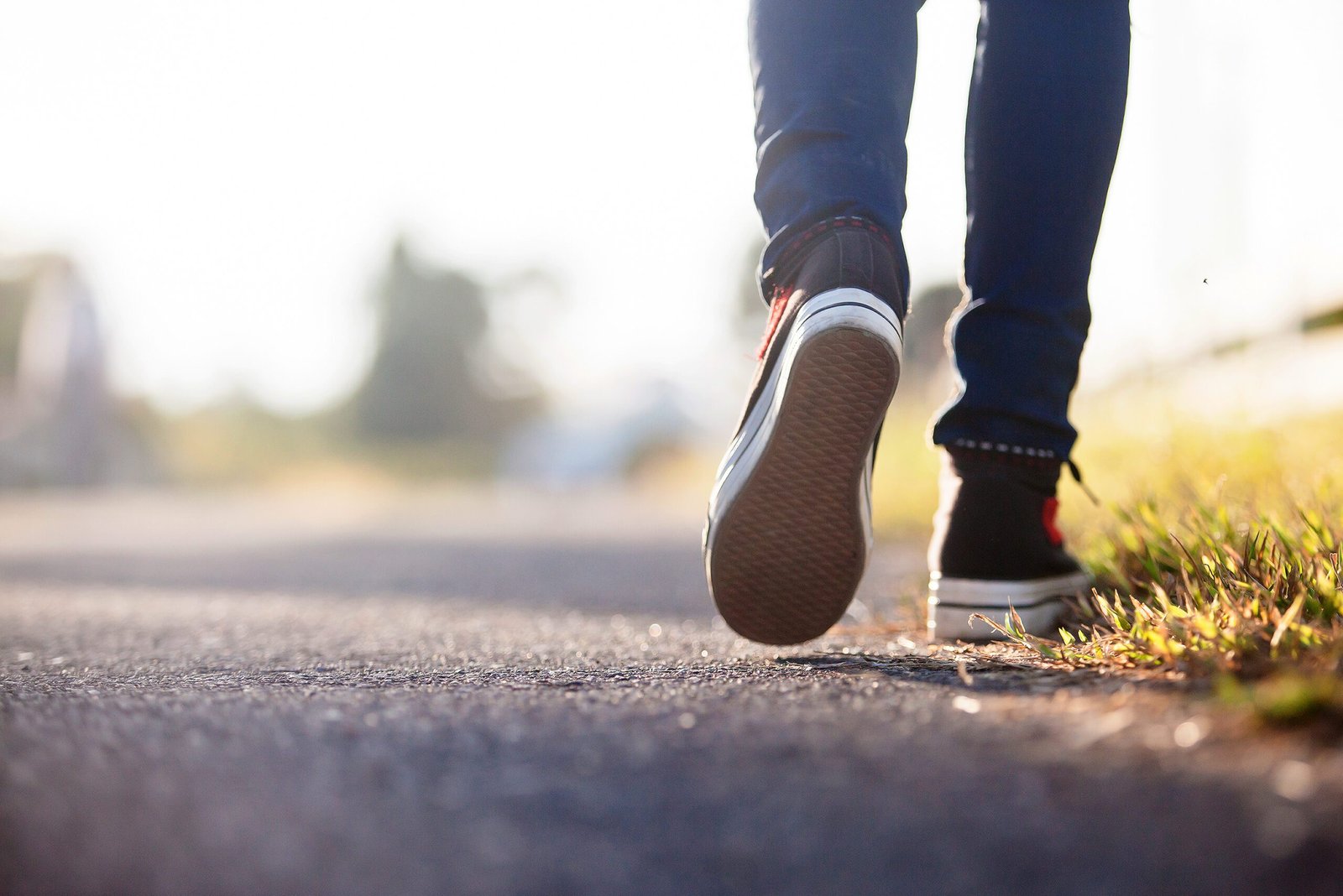Standard writing seminar advice to the author:
“Do not tell the backstory for at least thirty pages. Drive the story forward first.”
I’ve tried to follow those rules with my novels, but this is a true story, so I am allowing myself the liberty of giving background at this juncture which hopefully will make the moral of the story more accessible.
The Facts:
- Every pre-arranged plan— financial, legal, medical…
- Every personal trait —physical, emotional, spiritual…
Will go with us into the crisis in which we one day find ourselves.
At that time, it will be “too late” to execute the good intentions we had but never acted on.
Such as:
Maintaining a healthy weight and practicing good health habits
Storing phone numbers, passwords, bank information, in a safe place, and entrusting someone with where to locate that information.
Appointing legal representatives—power of attorney, medical surrogacy, pre-need guardian.
To make such plans may be admitting the inevitable—an unpleasant eventuality. Nevertheless, planning ahead will ultimately result in our own security and peace of mind, as well as that of our families.
I do not take it for granted that my injuries could have been far more grievous. I could have fallen because I had a heart attack. I might have toppled into a tree or hit my head on the sidewalk and been knocked unconscious.
I count it a blessing that when I fell, I was able to speak for myself to the paramedics and later the nurses at the hospital. I answered questions about my care and gave permission for procedures.
However, if I had required someone to speak for me, I had already assigned all these positions in a legal document, signed by me years ago, and on file with my attorney.
When the nurse asked if I had these provisions made, I could say, “Yes,” and that was empowering.
We cannot live our daily lives like Chicken Little, forever fearful the sky is falling. We cannot be perpetually preoccupied with “what might happen.” However, we must make wise choices and plans based on the possibility that someday we will not be able to care for ourselves.
I was first schooled in the wisdom of pre-planning after my father passed away, and I, as the only child of my parents, became legally responsible for my mother.
One of the first steps she and I took after my father’s death was to go to her bank and put my name on all her accounts.
[I am well aware not all families have that level of trust with each other. In such cases, another relative or trusted friend could be called upon.]
As years passed, and my mother’s dementia became more pronounced, I began thinking proactively about what steps I would take when I was left solely in charge.
I asked about her will. She did not know where it was. Even if she had found it, my father was assigned to be her heir. I took her to an attorney. He advised us about documents and permissions I did not even know we needed. Later, when my mother could not make decisions for herself, I made them for her, because all the designations and details were “on paper,” signed by her, and fully legal.
It only made sense that I should make the same preparations for myself. In the absence of a spouse, this involved appointing my children and their spouses to positions of authority in my life.
This gave me significant peace of mind, knowing my children could speak for me, if necessary, and that while I was in the hospital, my home, my finances, my bills, would be tended to.
I am by no means a health or fitness fanatic.
I’ve fought my weight my whole life. My mother put me on a diet when I was a sophomore in high school. When I was in college—vending machines on every floor of every dorm— I weighed thirty pounds more than I do now.
I’ve never been able to run. I can’t bear the thought of a gym (I’m too self-conscious).
I have, however, had a lifelong habit of bike riding, which I have recently been able to add back to my daily routine.
In addition to that: by the time I landed in the hospital, I had been doing yoga every day (with very few exceptions) for eleven years.
I chose to take up yoga in 2014 because I was desperate to find help for a horrific case of vertigo. I found a Beginning Yoga DVD on Amazon, guided by an instructor named Barbara Benagh, and cured my vertigo. The practice was so beneficial, I kept it up, working out with her every morning.
There is no doubt my recovery was aided because of the flexibility yoga inculcated into my life.
Then about a year ago, I admitted the fact I had precious little upper body strength. I decided to lift weights…by “weights,” I mean 3 lbs. and 5 lbs.—certainly nothing “serious.”
I found a website called Habit Nest which offers journals with suggested workouts, detailed diagrams, and dietary advice.
One email later describing my age and needs, and I purchased Home Dumbbell Workout. I don’t do all the exercises suggested…even fewer since my injury, and my bending over has its limits dictated by the surgeon.
Thanks to these workouts, and because I have been reasonably careful about my weight, I was able to pull myself up on the walker (recall the sprained left arm, which severely hampered my being able to use that arm freely) and support my weight, as I struggled to walk again.
Please note: the bike riding, yoga, and weightlifting were all well-established habits.
Someday, perhaps through no fault of our own, we’re going to find ourselves in need of help.
Think ahead. Assess your needs. Talk to your family. Make a plan that works for you.
The peace of mind you save will be your own.





0 Comments